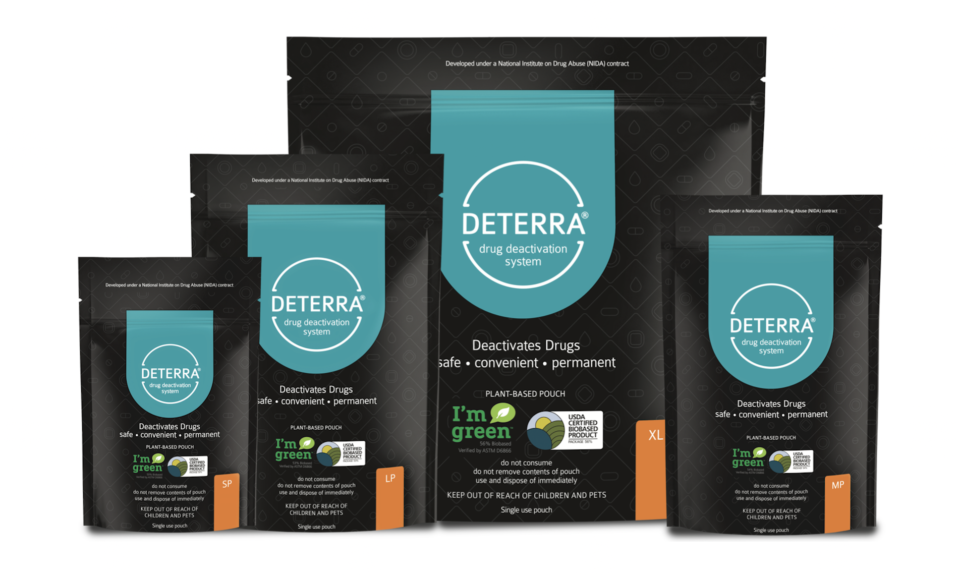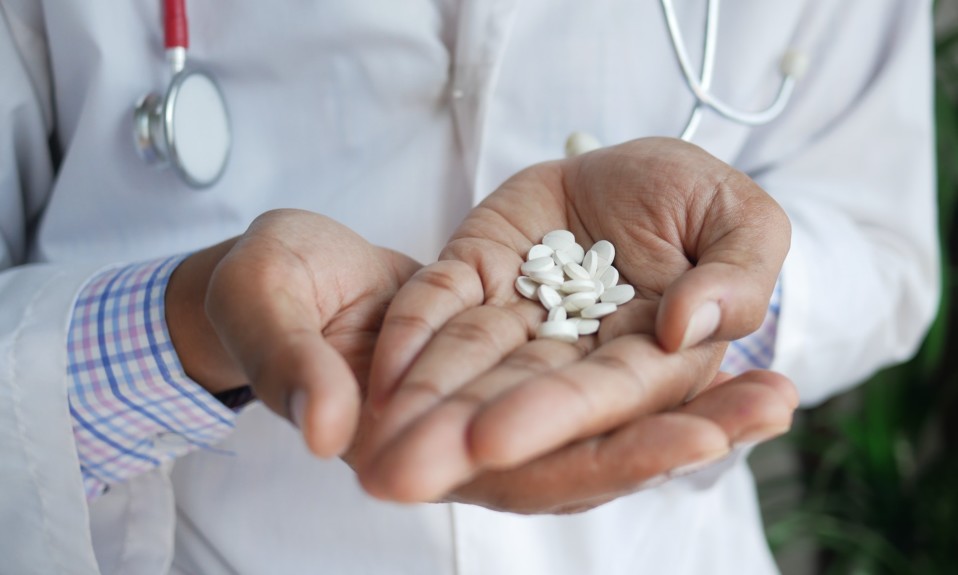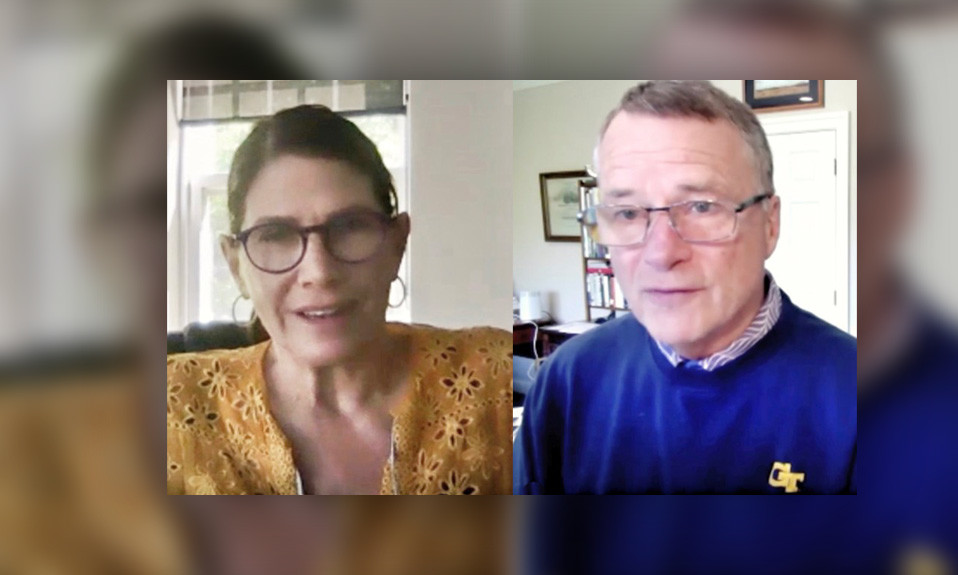Optima Health teams up with Verde Environmental to provide Deterra pouches at more than 60 healthcare locations
By Jenny Diedrich
With the soaring rates of fatal drug overdoses in the U.S., it’s more important than ever to encourage proper disposal of medications to help stop prescription drug misuse before it starts.
To that end, Optima Health, a health plan service of Sentara Healthcare, and Minnesota-based Verde Environmental Technologies recently entered into a partnership to distribute Deterra at-home drug deactivation and disposal pouches to patients at more than 60 Sentara offices and surgical locations in Virginia and northeastern North Carolina.
“We look forward to working with Optima Health and Sentara Healthcare to help tackle this epidemic head-on and get prevention tools into more hands,” said Jason Sundby, chairman and CEO of Verde Environmental, manufacturer of Deterra.

“This is the first such partnership in the country between a health plan and Verde Environmental Technologies to distribute the Deterra pouches on such a large scale,” added Alicia Gerald, vice president of government programs–Medicare at Optima Health. “Optima Health is proud to provide this service to communities throughout the Commonwealth of Virginia and in North Carolina.”
Sundby says Deterra addresses two societal challenges—preventing the abuse and misuse of medication, which contributes to the opioid crisis, and avoiding harm to the environment caused by improper medication disposal. Unused or unfinished prescriptions left in an unlocked medicine cabinet or a nightstand drawer have the potential to be found and misused by a curious family member, or by someone actively seeking out medications. And typically, to get rid of their unused medications, people often flush them down the toilet or sink, or simply throw them in the trash. That can contaminate waterways, drinking water and land.
Deterra offers an alternative, involving three easy steps:
- Open the pouch and add pills, liquids or patches
- Fill the pouch halfway with warm tap water and leave it open for 30 seconds
- Zip it closed and throw it away with the household trash
The process uses activated carbon technology to permanently deactivate and destroy the drugs. And the process is environmentally friendly: Deterra pouches are made of a renewable crop, sugar cane, in a manufacturing plant that runs entirely on wind power.
“There are billions of unused opioids sitting in people’s medicine chests. It’s tantamount to leaving a loaded gun on the countertop in your bathroom.”
—Jason Sundby, Verde Environmental Technologies
“The product itself is really simple to use,” Sundby says. “It’s extremely convenient, and it’s relatively low-cost. All of our pouches at wholesale are less than a latte at Starbuck’s.
Over its first 11 years in business, Verde Environmental has sold enough pouches to have deactivated more than 806 million pills.
“It sounds like an impressive number, but that’s a start,” says Sundby. “There are billions of unused opioids sitting in people’s medicine chests. It’s tantamount to leaving a loaded gun on the countertop in your bathroom.
“Four out of five heroin abusers started with prescription painkillers, and a good number of those didn’t have the prescription themselves. They got it out of their family’s or neighbor’s medicine chest. We are a primary prevention tool to stop the misuse, abuse and diversion before it starts.”
Kristyn Greifer, MD, chief medical officer at Optima Health, agrees that leaving unused medication in homes contributes to the opioid crisis. She says the typical options for proper disposal—taking them to a pharmacy or hospital that is a registered disposal site—are limiting.

“Many people don’t complete their opioid prescriptions because they don’t need them anymore or don’t like the way they make them feel. Now you have unused opioids in your home, and that should make you nervous, because unused opioids are … a gateway to opioid overuse, misuse or abuse,” Greifer says.
“[Deterra] is an easy way to truly get rid of your medication. It’s a huge way to interrupt that cycle. It becomes non-stigmatized because it’s part of the routine. If it’s just part of what we do, it’s much easier to get people to buy in.”
Through the partnership, surgical providers are dispensing pouches to patients during their first post-op surgery visits, and Optima Health is distributing them at various community events.
“Saying at the outset, ‘Here’s a prescription, and if you don’t finish it all, here’s a way to get rid of it safely,’ takes the whole stigma away,” Greifer says. “We can raise awareness of how important it is to get rid of your meds. This is important enough that it’s not just Optima Health members who have access to this. The community has access through our offices. We’re happy to support that.”














